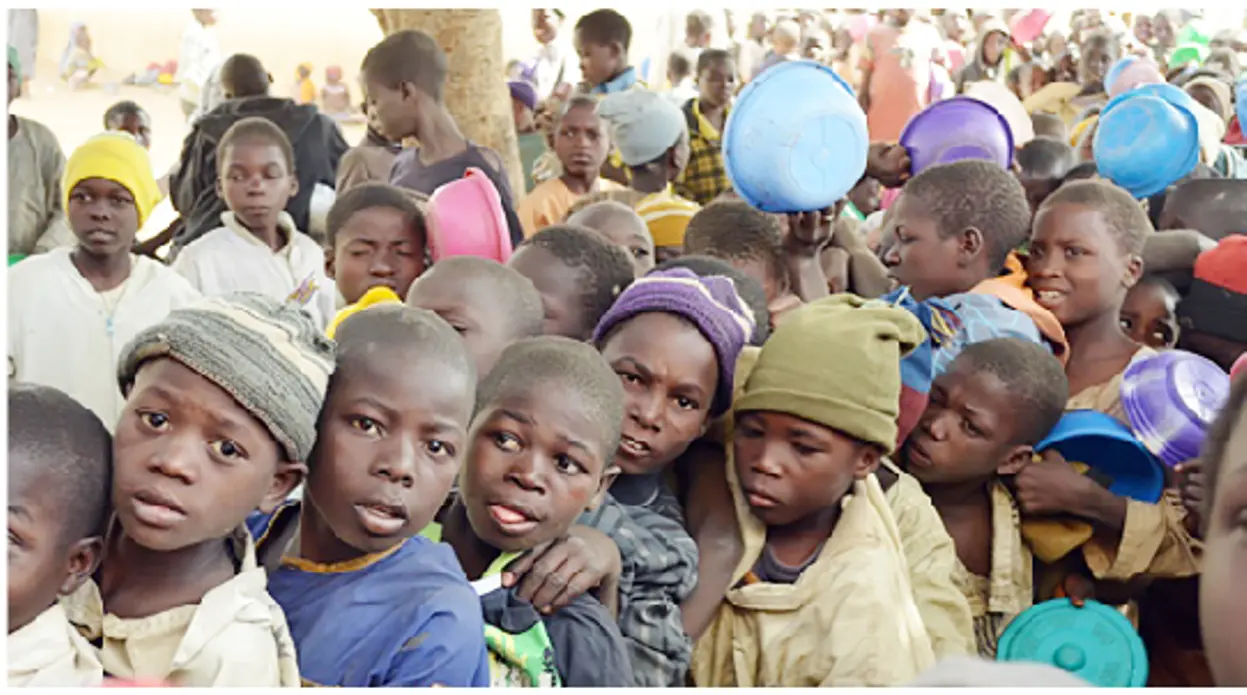Copyright leadership

Stakeholders in Sokoto State have identified major security implications and proposed measures to address the challenges associated with the Almajiri system. The brainstorming session was organised by the Sokoto Advancement Forum, SAF, a non governmental group, to assess the security, social, and economic implications of having thousands of street children across the state. Speaking at the meeting, Professor Riskuwa Shehu, vice chairman of SAF and former vice-chancellor of the Usmanu Danfodiyo University, Sokoto, said the dialogue was aimed at developing actionable strategies for both immediate intervention and long-term rehabilitation of the Almajiri system. “We are here to brainstorm practical and implementable solutions that address child begging, street roaming, vulnerability to crime, and the integration of these children into formal education and social welfare systems,” Shehu stated. He lamented that across Sokoto, thousands of children who should be under the protection of their families and in proper schools, are roaming the streets daily with small bowls, begging for food and alms. Shehu urged the stakeholders to confront the hard truth that the Almajiri system, in its present form, is failing the younger generation. “The statistics are sobering. Research indicates that Sokoto State has one of the highest concentrations of Almajiri children in Nigeria, with estimates ranging from 100,000 to over 400,000 living in vulnerable conditions,” he revealed. The commissioner of Police in the state, Mr Ahmad Musa, said the security implications of the Almajiri system were far-reaching and multifaceted. Presenting a paper titled “The Almajiri System: Security Implications and Law Enforcement Response” Musa warned that the system has become a breeding ground for criminal exploitation. “The system continues to increase children’s vulnerability to radicalisation, political manipulation, and recruitment into extremist groups. “Its failures have been linked to broader national security threats, including the rise of violent extremism and terrorism,” he said. In their separate remarks, the state commissioners for Religious Affairs and Basic and Secondary Education, Dr Jabir Maihula and Professor Ladan Ala, respectively, called on parents, religious scholars, and community leaders to support the government’s ongoing efforts to reform the system. They reaffirmed the state government’s commitment to promoting education as a foundation for a better future.



